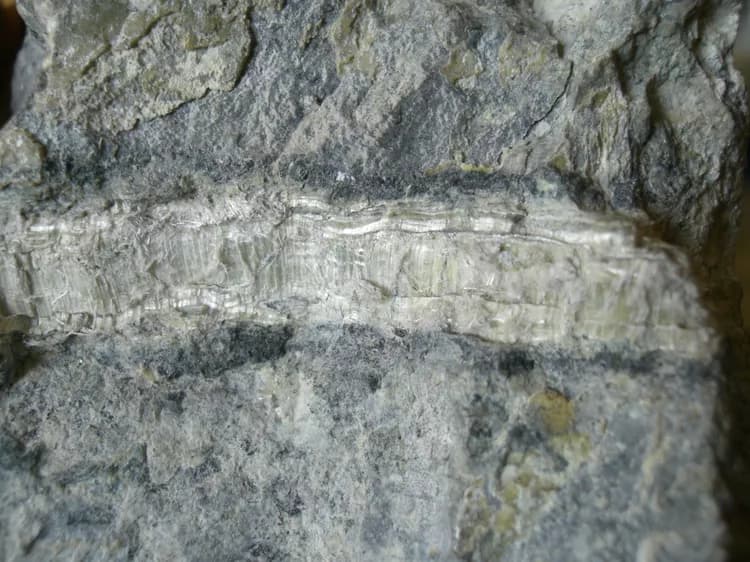
Loose-fill Asbestos Insulation And Health
A landmark study from The Australian National University (ANU) into the health impacts of living in a house with loose-fill asbestos insulation has been published in the international journal The Lancet Public Health.
The findings could help bring attention to asbestos hazards in other countries, such as the United States and Canada, where the use of asbestos-contaminated insulation was installed in millions of homes.
The study on loose-fill asbestos in Canberra is the first of its kind to demonstrate the health impacts of living in a house with loose-fill asbestos.
Study lead author Dr Rosemary Korda said the research found the overall risk of contracting mesothelioma was low. Living in a house with loose-fill asbestos was associated with 2.5 times increased risk of mesothelioma in men. There were no recorded cases of mesothelioma among women living in the contaminated houses.
Dr Korda, from the ANU National Centre for Epidemiology and Population Health (NCEPH), said most other studies into asbestos have focussed on high exposure in occupational settings such as the mining, manufacturing and construction industries.
"The ACT Asbestos Health Study examined risks for people who had lived in a house with loose-fill asbestos, and we found that loose-fill asbestos insulation is very likely to be unsafe," Dr Korda said.
"Our findings have important health, social, financial and legal implications for governments and communities in which asbestos has been used to insulate houses."
Inhaling asbestos fibres causes mesothelioma, a lethal disease which can take 20 years or more to develop. Asbestos has also be linked to other cancers, including cancer of the lung, ovary and larynx.
Dr Korda said the ANU research examined data on more than one million people who lived in the Australian Capital Territory (ACT) at any time between 1983 and 2013.
The study linked Medicare (universal health insurance) enrolment data, national death registrations and the Australian Cancer Database to compare the incidence of mesothelioma and other cancers in people who had lived in a house with loose-fill asbestos with the incidence of these cancers in people who had not lived in a house with loose-fill asbestos.
The study identified 17,248 people who had lived in around 1,000 houses with loose-fill asbestos insulation over 30 years.
In total, 285 current and former residents of the ACT were diagnosed with mesothelioma. Seven of those residents had lived in a house with loose-fill asbestos insulation before their mesothelioma was diagnosed.
Key findings include:
- Four more cases of mesothelioma than expected occurred in men who had lived in a house with loose-fill asbestos insulation;
- The association between living in a loose-fill asbestos house and mesothelioma was much weaker than that seen in studies where people were exposed to asbestos through their work; and
- Rates of colorectal cancer rates were elevated in both men (32 per cent higher) and women (73 per cent higher) who had lived at a house with loose fill asbestos. These were higher than expected and might be due to unavoidable limitations in the study's design.
The two-year study was commissioned by the ACT Government, to improve understanding of the health risks associated with living in a house with loose-fill asbestos insulation.
Materials provided by Australian National University. Note: Content may be edited for style and length.
Disclaimer: DoveMed is not responsible for the accuracy of the adapted version of news releases posted to DoveMed by contributing universities and institutions.
References:
Rosemary J Korda, Mark S Clements, Bruce K Armstrong, Hsei Di Law, Tenniel Guiver, Philip R Anderson, Susan M Trevenar, Martyn D Kirk. (2017). Risk of cancer associated with residential exposure to asbestos insulation: a whole-population cohort study. The Lancet Public Health. DOI: 10.1016/S2468-2667(17)30192-5
Related Articles
Test Your Knowledge
Asked by users
Related Centers
Related Specialties
Related Physicians
Related Procedures
Related Resources
Join DoveHubs
and connect with fellow professionals

0 Comments
Please log in to post a comment.